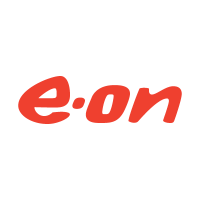
E ON SE
MIL:EOAN

Profitability Summary
E ON SE's profitability score is hidden . We take all the information about a company's profitability (such as its margins, capital efficiency, free cash flow generating ability, and more) and consolidate it into one single number - the profitability score. The higher the profitability score, the more profitable the company is.
Profitability Score
We take all the information about a company's profitability (such as its margins, capital efficiency, free cash flow generating ability, and more) and consolidate it into one single number - the profitability score. The higher the profitability score, the more profitable the company is.
We take all the information about a company's profitability (such as its margins, capital efficiency, free cash flow generating ability, and more) and consolidate it into one single number - the profitability score. The higher the profitability score, the more profitable the company is.
Profitability Score
Margins
Profit margins represent what percentage of sales has turned into profits. Simply put, the percentage figure indicates how many cents of profit the company has generated for each dollar of sale.
Profit margins help investors assess if a company's management is generating enough profit from its sales and whether operating costs and overhead costs are being contained.
Earnings Waterfall
E ON SE

|
Revenue
|
82.8B
EUR
|
|
Cost of Revenue
|
-55.1B
EUR
|
|
Gross Profit
|
27.7B
EUR
|
|
Operating Expenses
|
-26B
EUR
|
|
Operating Income
|
1.6B
EUR
|
|
Other Expenses
|
-456m
EUR
|
|
Net Income
|
1.2B
EUR
|
Margins Comparison
E ON SE Competitors

| Country | Company | Market Cap |
Gross Margin |
Operating Margin |
Net Margin |
||
|---|---|---|---|---|---|---|---|
| DE |

|
E ON SE
MIL:EOAN
|
31.3B EUR |
33%
|
2%
|
1%
|
|
| UK |

|
National Grid PLC
LSE:NG
|
53.4B GBP |
0%
|
27%
|
9%
|
|
| FR |
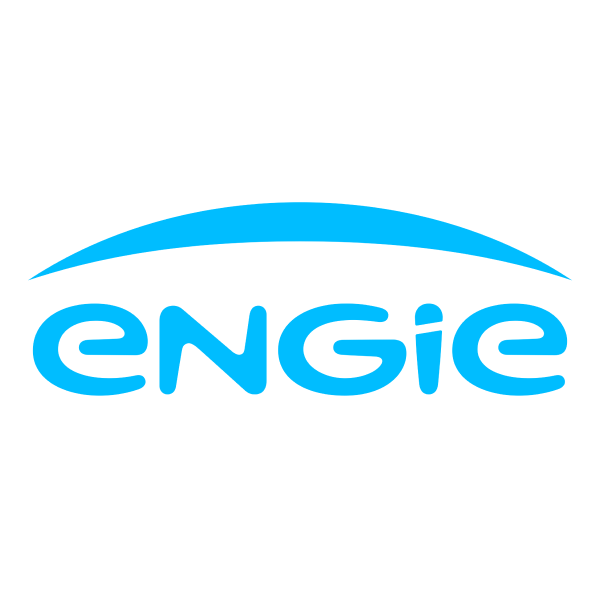
|
Engie SA
PAR:ENGI
|
45.8B EUR |
33%
|
12%
|
5%
|
|
| US |
S
|
Sempra
VSE:SREN
|
43.3B EUR |
0%
|
22%
|
21%
|
|
| US |
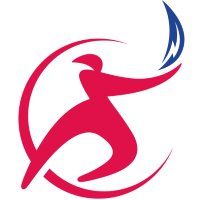
|
Sempra Energy
NYSE:SRE
|
47B USD |
0%
|
22%
|
21%
|
|
| DE |
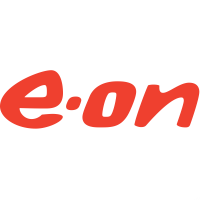
|
E.ON SE
XETRA:EOAN
|
40.6B EUR |
28%
|
12%
|
6%
|
|
| US |

|
Dominion Energy Inc
NYSE:D
|
45.5B USD |
99%
|
27%
|
14%
|
|
| US |
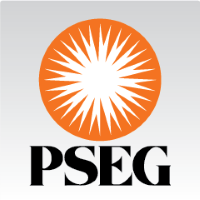
|
Public Service Enterprise Group Inc
NYSE:PEG
|
40.8B USD |
0%
|
23%
|
17%
|
|
| US |

|
Consolidated Edison Inc
NYSE:ED
|
39.3B USD |
79%
|
18%
|
12%
|
|
| US |

|
WEC Energy Group Inc
NYSE:WEC
|
34.7B USD |
69%
|
25%
|
18%
|
|
| DE |

|
RWE AG
XETRA:RWE
|
25.2B EUR |
38%
|
21%
|
21%
|
Return on Capital
Return on capital ratios give a sense of how well a company is using its capital (equity, assets, capital employed, etc.) to generate profits (operating income, net income, etc.). In simple words, these ratios show how much income is generated for each dollar of capital invested.


Return on Capital Comparison
E ON SE Competitors

| Country | Company | Market Cap | ROE | ROA | ROCE | ROIC | ||
|---|---|---|---|---|---|---|---|---|
| DE |

|
E ON SE
MIL:EOAN
|
31.3B EUR |
8%
|
1%
|
2%
|
3%
|
|
| UK |

|
National Grid PLC
LSE:NG
|
53.4B GBP |
6%
|
2%
|
6%
|
4%
|
|
| FR |

|
Engie SA
PAR:ENGI
|
45.8B EUR |
12%
|
2%
|
8%
|
4%
|
|
| US |
S
|
Sempra
VSE:SREN
|
43.3B EUR |
9%
|
3%
|
4%
|
3%
|
|
| US |

|
Sempra Energy
NYSE:SRE
|
47B USD |
9%
|
3%
|
4%
|
3%
|
|
| DE |

|
E.ON SE
XETRA:EOAN
|
40.6B EUR |
28%
|
4%
|
12%
|
9%
|
|
| US |

|
Dominion Energy Inc
NYSE:D
|
45.5B USD |
7%
|
2%
|
4%
|
3%
|
|
| US |

|
Public Service Enterprise Group Inc
NYSE:PEG
|
40.8B USD |
11%
|
3%
|
5%
|
4%
|
|
| US |

|
Consolidated Edison Inc
NYSE:ED
|
39.3B USD |
8%
|
3%
|
4%
|
4%
|
|
| US |

|
WEC Energy Group Inc
NYSE:WEC
|
34.7B USD |
13%
|
3%
|
5%
|
4%
|
|
| DE |

|
RWE AG
XETRA:RWE
|
25.2B EUR |
16%
|
5%
|
7%
|
5%
|
Free Cash Flow
Free cash flow (FCF) is the money a company has left over after paying its operating expenses and capital expenditures. The more free cash flow a company has, the more it can allocate to dividends, paying down debt, and growth opportunities.
If a company has a decreasing free cash flow, that is not necessarily bad if the company is investing in its growth.

























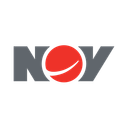




























 You don't have any saved screeners yet
You don't have any saved screeners yet
